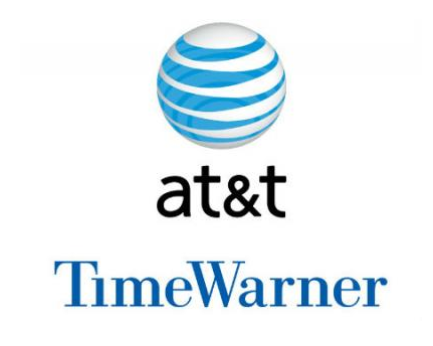Judge Will Include Arbitration Condition in AT&T-Time Warner Trial
The smarter way to stay on top of the multichannel video marketplace. Sign up below.
You are now subscribed
Your newsletter sign-up was successful

AT&T-Time Warner will be able to include its arbitration proposal as evidence that the deal would not de facto mean its distribution rivals would have to pay higher prices for must-have Turner programming like HBO or March Madness.
That is according to a ruling from Judge Richard J. Leon, who is presiding over the trial, scheduled to begin March 19--oral argument begins March 21, with unresolved motions being dealt with the first two days.
The Justice Department is suing to block the deal, saying it would raise prices and reduce competition because the combined company would have the incentive and opportunity to withhold must-have programming--HBO, March Madness--from rivals.
DOJ's analysis of the deal had not factored in that arbitration offer when projecting price increases, says AT&T. Justice had asked the court to exclude that arbitration offer as evidence.
DOJ had asked the court to exclude the evidence, saying it would "waste trial time and confuse the proceedings" debating "whether defendants will adhere to their unilateral Arbitration Offer or any new unilateral promises made by defendants at trial, or their impact on the analysis of the Transaction." Justice also said that if the evidence were included, it should only be to inform the court about possible remedies when it found the deal violated antitrust laws."
The proposal was to offer competing distributors outside arbitration when Turner carriage deals expire—and promised no carriage negotiation blackouts for seven years—if its acquisition of Time Warner goes through.
AT&T/Time Warner said that the arbitration offer was just one of the reasons why the government's claim of a theoretical 45-cent increase in the average monthly pay-TV bills for U.S television consumers was of base.
The smarter way to stay on top of the multichannel video marketplace. Sign up below.
"The motion concerns just one of those reasons," AT&T/Time Warner said in opposing the motion, [which is] defendants’ irrevocable and legally binding commitment to (1) continue to license the Turner networks to distributors after the merger without any drops in service and (2) resolve disputes about licensing terms through “baseball-style” arbitration (the “Arbitration/No-Blackout Commitment” or “Commitment”). Defendants extended this Commitment to Turner’s current and future distributors in November 2017 as a concrete assurance that this merger has never been about raising the price of Turner content."
Contributing editor John Eggerton has been an editor and/or writer on media regulation, legislation and policy for over four decades, including covering the FCC, FTC, Congress, the major media trade associations, and the federal courts. In addition to Multichannel News and Broadcasting + Cable, his work has appeared in Radio World, TV Technology, TV Fax, This Week in Consumer Electronics, Variety and the Encyclopedia Britannica.

